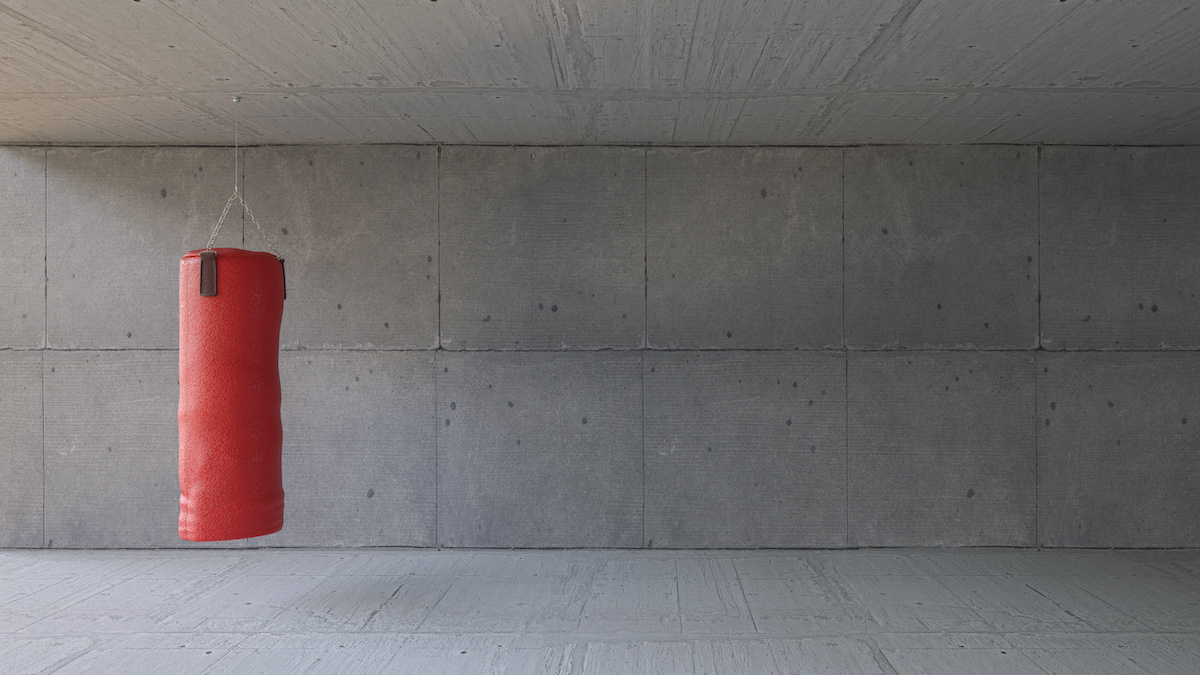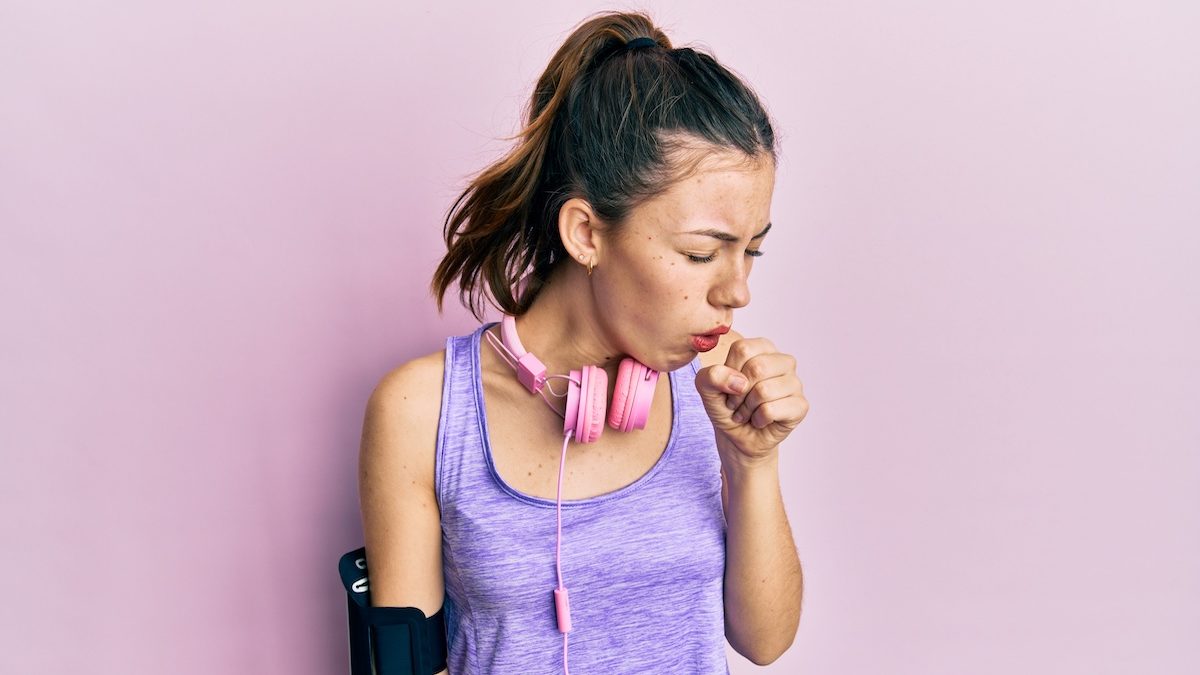Should You Work Out When You’re Ill With a Cough or Cold?

It goes without saying that if you have physically injured yourself, you should consult a medical professional if you’re planning to hit the weights bench – but for something like a cough or a cold, what’s the harm, right?
As the pandemic threw everyone’s focus onto limiting their exposure to germs and airborne disease it’s a question that has come up regularly in the past couple of years. And while you should absolutely stay home if you have come into contact with anyone with coronavirus — no matter how much you might want to get your pump on — when it comes to a less serious illness such as a cough or cold, is there any benefit to trying to sweat it out with a little exercise? Here’s what our head of nutrition and resident expert, Dr Adam Collins, has to say.
Should You Work Out If You Have An Illness?
Generally, my advice is no. It’s most likely that you won’t be able to tolerate the exercise as much — i.e. have reduced exercise capacity — and as such the exercise may exacerbate your symptoms. There is a myth that you can “sweat out” an illness through exercise, but I don’t see any logic in this, nor any evidence in the literature. The logic for this myth suggests that as exercise increases core temperature, this will help fight off the infection, but this is a contradiction.
If you have an illness, your non-specific immune response is to increase body temperature anyway, possibly to a level high enough to have a fever. Exercising when ill will either not increase temperature as much as it would under normal circumstances – possibly due to a higher baseline temperature – or it will increase the risk of overheating quicker leading to fatigue and impaired performance. And that’s just with minor illnesses such as a cough or cold. If you have a severe illness then you may risk more serious damage to your body and the chance of collapsing.

Are There Any Other Possible Detrimental Effects?
Given the increased energy expenditure (i.e. calorie demand) during an illness, the additional energy cost of exercise will be a further burden to your body. Hence if you are looking to get exercise “gains”, such as those from resistance exercise, then the circumstances are totally wrong. You are mainly in a catabolic state already when ill and so you will likely have exercise “losses” rather than gains.
What Are Symptoms Indicate That You Are Too Ill?
Other than physical incapacity, if you have a fever, high temperature, breathing problems or fatigue I would skip the workout.
If You’re Coming Out Of An Illness, Is It Better To Exercise Outdoors Rather Than Indoors?
Any place for exercise that necessarily involves a lot of people using an enclosed space, such as gyms and pools, are not good places if you either want to avoid spreading your infection or illness to others or you want to avoid getting ill from others in the first place.

Some people anecdotally say that some low intensity endurance type exercise outdoors may be of benefit to help clear mucus and phelgm from the respiratory system, but this may be at the latter stages of an illness and needs to be rationalised. For an athlete returning from illness, for example, this may be a good way of reintroducing exercise. It may also be beneficial just to get some fresh air as you crest your illness, especially if you’ve been cooped up indoors with circulating germs.
What’s The Role Of Sleep And Recovery When You’re Ill?
You might find that your sleep improves because you are physically knackered, but recovery may not be any quicker and may also be less effective.


















